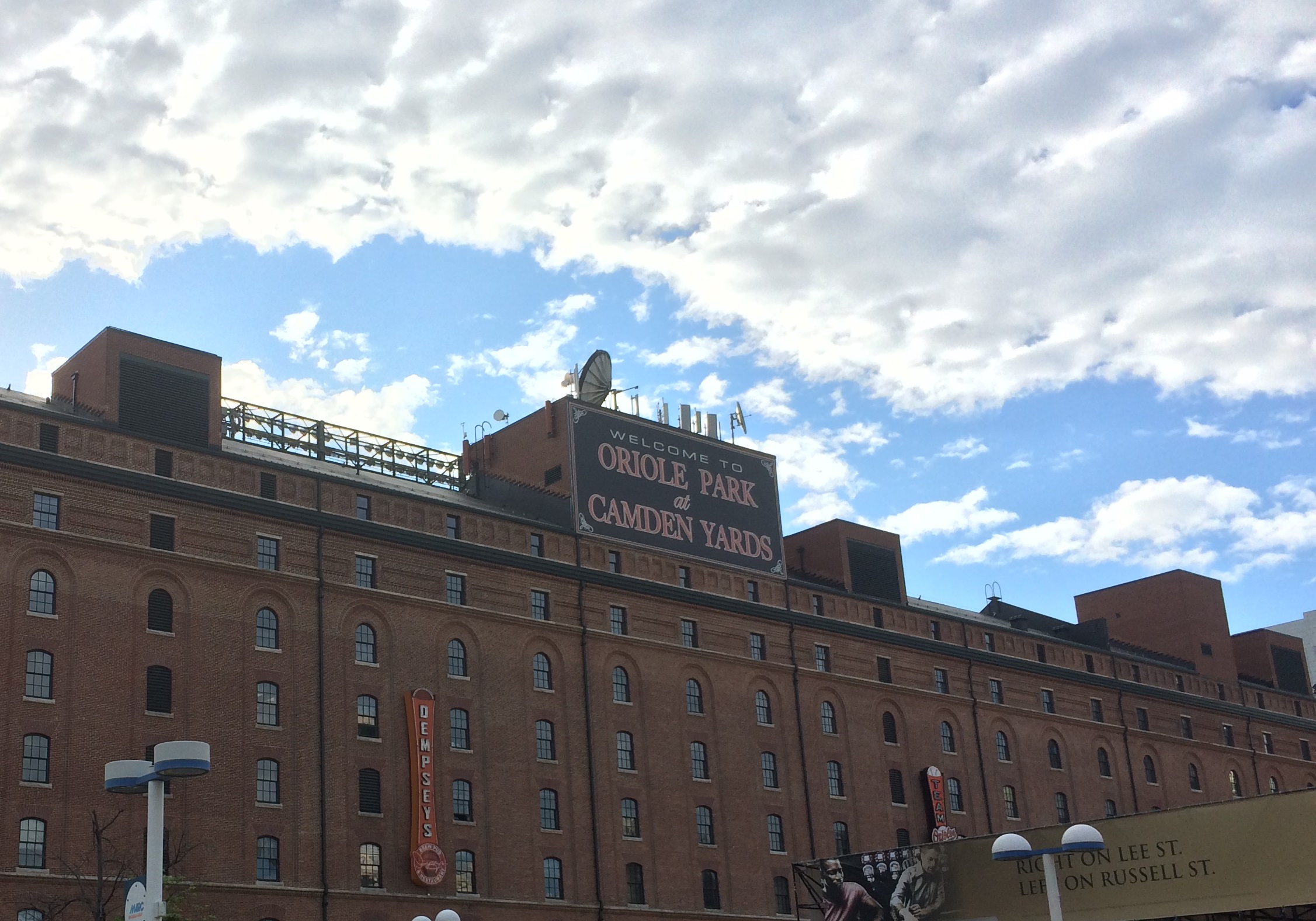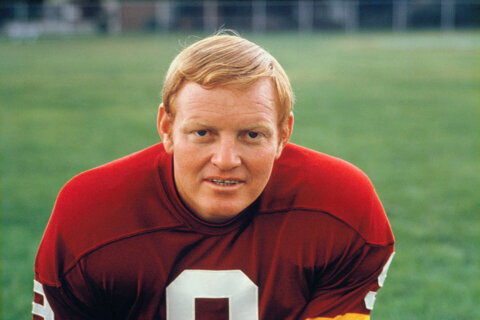WASHINGTON — We have a natural tendency as humans, when confronted with something new and uncomfortable, to grasp for the familiar. It’s why we take a favorite teddy bear or blanket to our first sleepover, why we hang photos of fond memories on college dorm walls or prop them on office desks. And it’s why, when the real world intrudes and shows its ugly face in the middle of our sporting events, we just want to get back to the game.
When Baltimore Orioles outfielder Adam Jones — a leader of Team USA’s championship-winning World Baseball Classic squad and one of the few established black superstars in Major League Baseball today — reported that he had been the subject of racial slurs and the target of a hurled bag of peanuts at Fenway Park Monday night, the responses were curious, if not unexpected. Some said he overreacted. Some demanded he provide witnesses for his claims. Some suggested, amazingly, that Boston, and Fenway in particular, isn’t the place where these kinds of things happen.
Anyone with even the slightest historical perspective knows this last bit to be utterly false.
Think the Orioles' #AdamJones experience with racism from Boston sports fans is a new thing? You must be new here. pic.twitter.com/VKHAaxk7xD
— Rhiannon Walker (@InstantRHIplay) May 2, 2017
Yes, there’s already plenty of animosity in this series, stemming from Manny Machado’s slide into Dustin Pedroia the last time they met. Yes, there will probably continue to be more Wednesday and Thursday night, after Machado was thrown at (again) on Tuesday and released a profanity-laced tirade. The standing ovation was a good gesture on the part of Chris Sale and the fans at Fenway Tuesday. But all of that is just cover, and shouldn’t distract us from what is a very real, ongoing problem in a sport desperately trying to foster diversity.
“I thought we’d moved past that a long time ago,” Jones told the media Tuesday, specifically focusing on his experiences in Boston. “But obviously with what’s going on in the real world, things like this, people are outraged and speaking up at an alarming rate.”
There’s plenty of code in that quote above about the general state of affairs in America and the unchecked racism that has bubbled up to the surface over the past couple years. Of course, Jones acknowledged, this happens elsewhere, and #NotAllBostonFans, etc., etc. But those acknowledgments are not absolvements. Paying lip service to them doesn’t actually fix anything.
Jones suggested, in the moment, that a more severe punishment was warranted than a simple ejection. He offered up the idea of a large fine, something that would send a message and make people think twice about engaging in such behavior. Perhaps baseball could implement fan conduct suspensions that mirror player suspensions: a second offense gets you banned for the season, a third for life. It’s clear that the current penalty is barely enough to keep the peace between incidents, and if the problem isn’t getting better, it needs to be addressed now, before it gets any worse.
We don’t have to imagine what happens if this kind of behavior becomes commonplace at our sporting events, because it’s already happened elsewhere around the world. In Europe, soccer matches are played “behind closed doors,” or without fans, with increasing frequency. These are not always due to race related incidents, but in some cases they specifically are. Italian club Juventus was forced to play a fan-less match in 2009 after their supporters hurled racial insults at opposing player Mario Balotelli.
We’ve only had one recent game in America played without fans — ironically, a Baltimore Orioles game, against the Chicago White Sox back at Camden Yards in 2015. The decision to do so was both bizarre and reluctant, after the prior two games had been canceled in the wake of the city’s reaction to Freddy Gray’s death.
When baseball returned to Baltimore just shy of two weeks later, some die-hard fans took it upon themselves to coin the idea of Reopening Day, something of a fresh restart to the season. The news stations jumped all over it, the kind of organic fan movement that makes everyone feel better about their unified civic pride, expressed through the local team.
The passion wasn’t misplaced or ill-intended, but was most certainly a grasp for the familiar. The problem is that, up the road just a mile or two, the now-infamous CVS was still boarded up, the residents still facing the same plight as they had when the unrest began. For them, a return to the familiar wasn’t necessarily a good thing.
That’s why Jones spoke up. Because these incidents are familiar to him. Because until we actually do something when things like this happen, until we make a conscious change to the way we react to them as institutions and as a society, they will happen again, a few days, or weeks, or months from now. Because the only way to affect change is to continue to speak up and act against it. Or, as Jones said:
“Let’s be honest with ourselves: It’s all about having a conversation. Once you have that dialogue, that means you can work toward something.”






